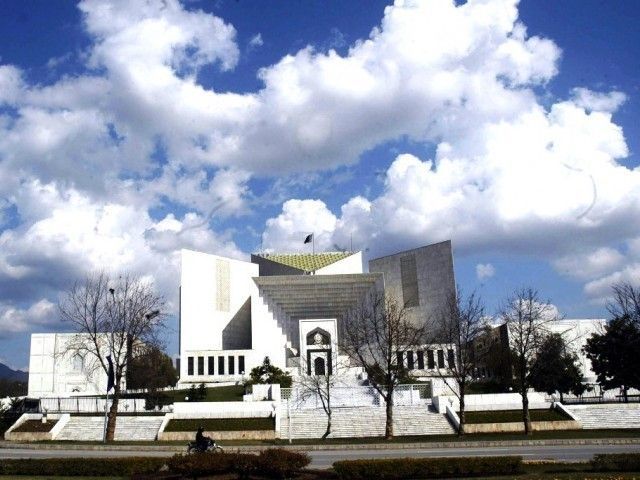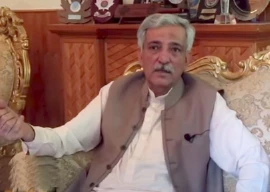
The Supreme Court (SC) has upheld the Federal Services Tribunal’s (FST) decision regarding allowing women inspectors of the Federal Investigation Agency (FIA) to work in the investigation wing of the agency.
A combined seniority list of both male and female inspectors of FIA was challenged before the FST under the clause which stated that the female inspectors of the FIA were more suited to work in the immigration wing rather than the investigation wing as they do not meet the pre-requisites and lacked experience.
The FST had dismissed the petitioner's appeal on June 23, 2020, by primarily relying on an unreported order on January 12, 2016, of a two-member bench of the apex court that was passed on a civil petition in 2015. The dismissal was subsequently challenged in the apex court.
The counsel representing the women FIA officers, Hasan Mehmood Mandviwalla, had prayed that the combined list was only issued to undermine, side-line and deprive his clients of their due right of getting promoted within the investigation wing of the agency.
The apex court in its ruling further remarked that though the learned counsel, the SC had read the order passed in Civil Petition No. 1259 of 2015. Leaving aside the controversy whether the same had a binding effect on the Tribunal in terms of Article 189 of the Constitution we proceeded to consider the case on merits.
Read More: LHC restrains FIA from taking ‘coercive steps’ against ex-DG
“There shall be no discrimination on the basis of sex,” the verdict read wherein the counsel refers to Article 25(2) of the Constitution. “It would be highly discriminatory if the said respondents, who are all female officers, are excluded from the Investigation group as this would violate their said Fundamental Right which prescribes against discrimination on the basis of sex.”
It further stated that the matter was relatively simple and the federal government has the power, under rule 12 of the Rules, to add to or modify the said six groups but has not exercised such power to make the said immigration wing into a distinct group, and one separate from the investigation group.
“The learned Malik Naeem Iqbal pointed out that the Additional Director General's Committee of FIA had recommended the creation of just such a separate group and its recommendation was approved by the Director-General FIA. However, even if this had happened, it is only the Federal Government that can create a separate group under -rule 12 of the Rules. Moreover, the Tribunal had earlier decided the matter of combined/separate seniority list/s and its decision attained finality when leave to appeal (as mentioned above) had been declined by this Court,” the verdict further stated.
A two-member bench of the apex court comprising of Justice Qazi Faez Isa and Justice Yahya Afridi dismissed the appeal vide order dated January 10, 2022.
The apex court also held that “the learned counsel for the said respondents has referred to rule 12 of the Rules and states that it sets out different groups subsisting within FIA and these are (i) Investigation, (ii) Accounts, (iii) Customs, (iv) Income-tax, (v) Engineering and (vi) Legal and that from the very beginning Immigration was part and parcel of the Investigation group. He further states that rule 12 empowers the Federal Government to add to or modify the said six groups but it has not done so till date. The said respondents were and continue to be officers of the Investigation group, he submits”.
Therefore, for the aforesaid reasons, leave to appeal is declined and, consequently, the petition is dismissed, the SC verdict stated.


1719660634-1/BeFunky-collage-nicole-(1)1719660634-1-165x106.webp)

1732276540-0/kim-(10)1732276540-0-165x106.webp)




1724249382-0/Untitled-(640-x-480-px)1724249382-0-270x192.webp)









COMMENTS (1)
Comments are moderated and generally will be posted if they are on-topic and not abusive.
For more information, please see our Comments FAQ